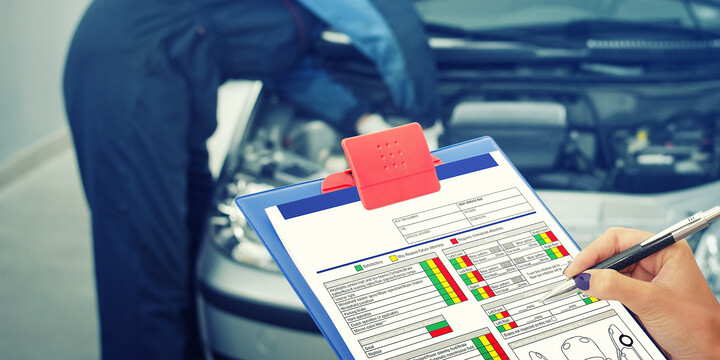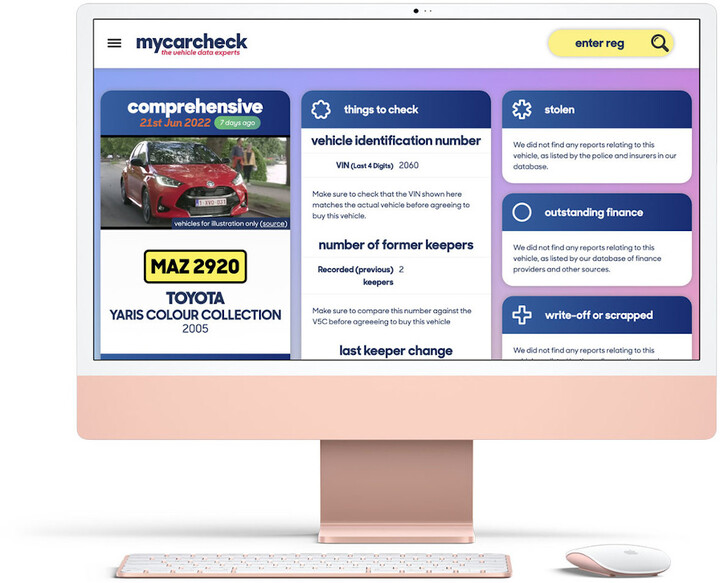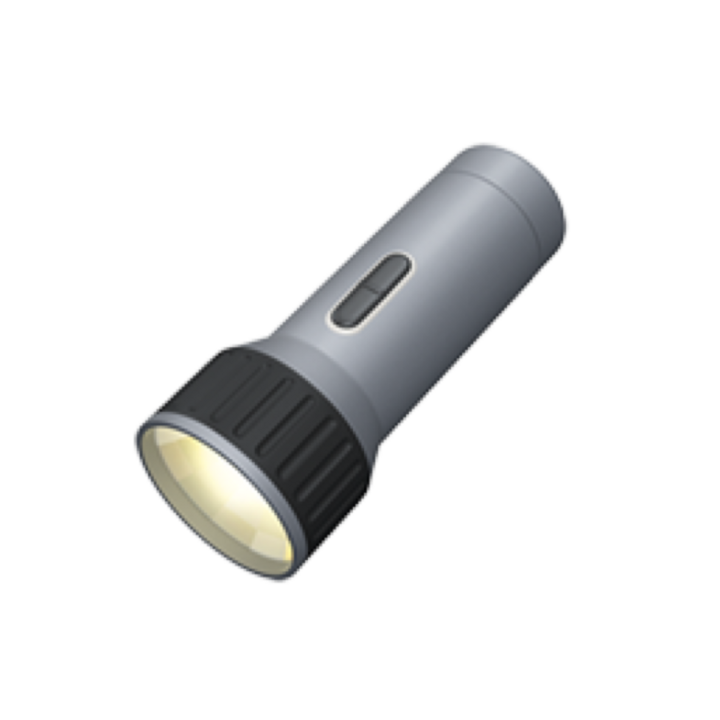
following the rules while driving
FREE Car History Check
See MOT history, valuations, detailed specs and more… AND upgrade to see if any vehicle has been stolen, has finance or has been written off from just £4.99
Vehicle condition rules
Most of us appreciate that our vehicles must be fit to drive on the road for our own and others’ safety. Some aspects of safety are obvious, for example having working lights or the condition of the tyres.
Serious problems are often spotted when cars are serviced. And once your car reaches three years old, it will need to pass an MOT test before it can be taxed. MOT tests will fail cars in an unroadworthy condition and test reports also provide warnings so owners can address issues before the next MOT test as necessary.
Vehicles may travel many miles between services and MOT tests and parts can deteriorate in those intervening 12 months. So what else do you need to look out for and what are the possible punishments for driving a car in poor condition on the road?
Tyres
We all know we should check tyres regularly. You need to look for any damage and they should have a minimum of 1.6mm tread depth across at least three quarters of the tyre width (although we recommend replacing tyres once they drop to around 3mm).
A worn tyre can land you a significant fine and the driver could receive three points for each tyre. Four bald tyres means twelve points so could result in a driving ban.
Wipers and washers
Did you know that if you drive with an empty washer bottle, this is an offence and could land you with three points and a fine?
The law states that ‘every vehicle required to have a windscreen wiper must also have a windscreen washer’ and that ‘all wipers and washers which are required to be fitted must be properly adjusted and maintained in efficient working order’.
Brakes and steering
Specific mechanical issues such as defective brakes or steering carry their own offences and are also likely to add three points to your licence plus a fine.
General roadworthiness
Structural issues with your car - either through corrosion or crash damage - can also attract the attentions of the police. They have a broad scope when they believe the ‘use of the motor vehicle or trailer involves a danger of injury to any person’. So trim sticking out, protruding body work or even unstable or insecure loads can land you in trouble.
Even something like a corroded battery connection - which could leave you without lights or power - could end up in a prosecution.
If your vehicle is deemed unroadworthy, that’s three points and a fine.
The important message is that it is your responsibility as a road user to ensure your vehicle is safe at all times and the penalties for not doing so are tough.
Mobile phone driving rules
Many of us check our mobile phones regularly throughout the day and there is often a temptation to so while driving. The law is very clear in this respect: don’t!
You are allowed to use a device - that’s a mobile phone or satnav - hands-free while on the move. This could be set up ahead of a journey or voice activated. But operating it while on the move could earn you 6 penalty points and a £200 fine. If you passed your driving test within the last two years, you will lose your licence too.
There is good reason for this. If you are travelling at just 40mph, looking at your smartphone for only five seconds means you will have travelled almost 90 metres without checking the road ahead for dangers. In this time, conditions around you might have changed considerably: a car pulls out of a side road, a pedestrian steps into your path, the vehicle in front slows.
The results of being distracted behind the wheel are seen too often by our emergency services and this is why police are adopting a zero tolerance approach.
While we are considering mobile devices, it is worth noting that a screen-mounted mobile phone or satnav which is partly obscuring your view can also earn you 3 points.
Are you allowed to eat at the wheel?
Technically eating (or drinking) while driving isn’t illegal but it is all down to your ability to control the vehicle and react in an emergency.
So popping a mint in your mouth while ambling along an A-road is one thing; trying to munch on a messy sandwich while sipping a latte on a motorway is another.
In fact any act where you are distracted by what you are doing or needing you take your eyes off the road is classed as careless driving and can rack up between three and nine penalty points plus, potentially, a £100 fine.
Is there anything else I shouldn’t be doing while driving?
The rules don’t just apply to eating. Actions such as applying make up, using an electric shaver or changing a CD can all land you in trouble. It is for good reason too: even a momentary lapse of concentration can prove fatal.
Drivers health and wellbeing
There may be increasing electronic assistance on newer cars but the driver is still entirely responsible for the control of a vehicle. This means being sufficiently healthy and competent in order to drive safely.
Whether we like it or not, age isn’t kind to human beings and some of our abilities do reduce over time, notably eyesight and reaction times. Illnesses take their toll too and so it is important to understand whether you are still safe behind the wheel.
If your doctor says you need to stop driving for longer than three months, you must inform the DVLA. You must also surrender your licence if your medical condition no longer allows you to meet the requirements to drive safely. Failure to inform the DVLA may result of a fine of up to £1,000 and possible prosecution if you are involved in an accident.
Some medical conditions are temporary but still mean you shouldn’t drive for a period of time. This even includes basic recovery time after an operation. In each individual case, you should observe the advice of your doctor.
Eyesight
The law states that you must be able to read a vehicle’s number plate from 20 metres away. If you require glasses or contact lenses to correct your vision, you should be wearing these.
The law also states a more formal threshold which can be measured by an ophthalmologist. It requires you have a visual acuity of at least 0.5, measured on the Snellen scale (wearing your glasses or contact lenses as necessary).
If you have a problem affecting both eyes (or your remaining eye if you only have one) you must inform the DVLA. Otherwise you could be liable for a fine of up to £1,000 and prosecution if your defective sight leads to an accident.
Other medical conditions
The DVLA lists many conditions and specific rules about whether they need to be informed, whether you need to surrender your licence or if you just need to adhere to your doctor’s advice.
If you are unsure about your fitness to drive due to a medical condition, check the government’s list at https://www.gov.uk/health-conditions-and-driving and seek the advice of your doctor.
Age
Once you reach 70, you have to renew your licence every three years. You need to meet the minimum eyesight requirement and not be prevented from driving for any reason. You can do this by post using a D64P form (available from the DVLA or post offices) or on-line. Your application can be made up to 90 days of your licence expiring.
You may continue driving while your application is with the DVLA as long as you meet basic criteria, including satisfactory health and if you aren’t disqualified or have had your licence revoked for medical reasons.














